Climate & Migration
Assessing and addressing migration and displacement in a time of extreme climate stress.
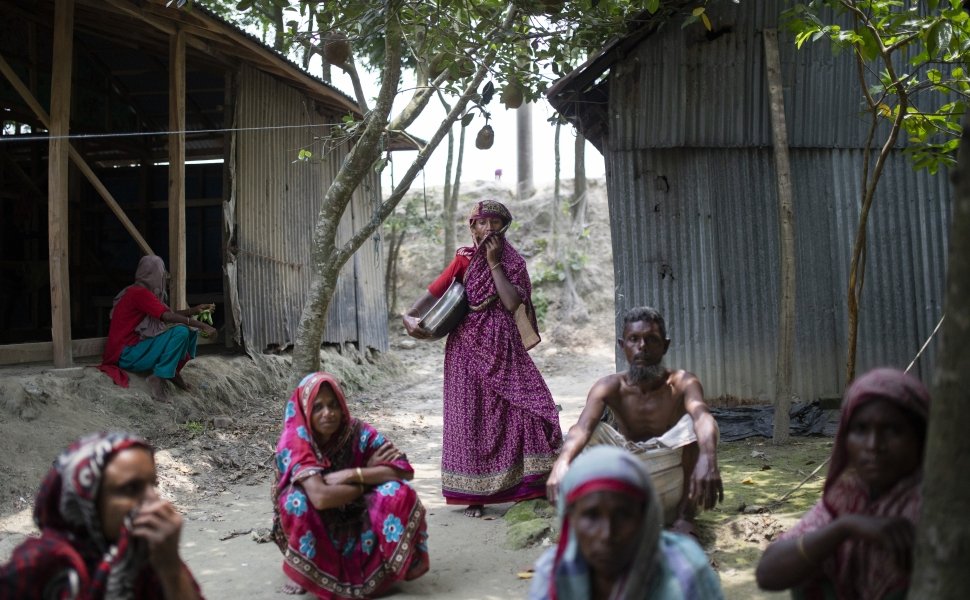
Climate change has become part of our daily lexicon. Rarely does a week pass when a hurricane, drought, wildfire, or some other climate disruption is not front page news. These headlines often offer dire predictions of mass migration as well—a bracing vision of hordes of people moving to greener pastures, often found further inland and further north, where some political leaders leverage the narrative to push their own agendas.
Yet what is lost in these generalized narratives (and the accompanying political rhetoric) is the intricacies of the lived experience of the people and the communities most directly affected by climate change.
Explore the Stories of Climate & Migration
Explore the nexus of climate change and migration through the lived experience of communities in Senegal, Moldova, and Bangladesh.
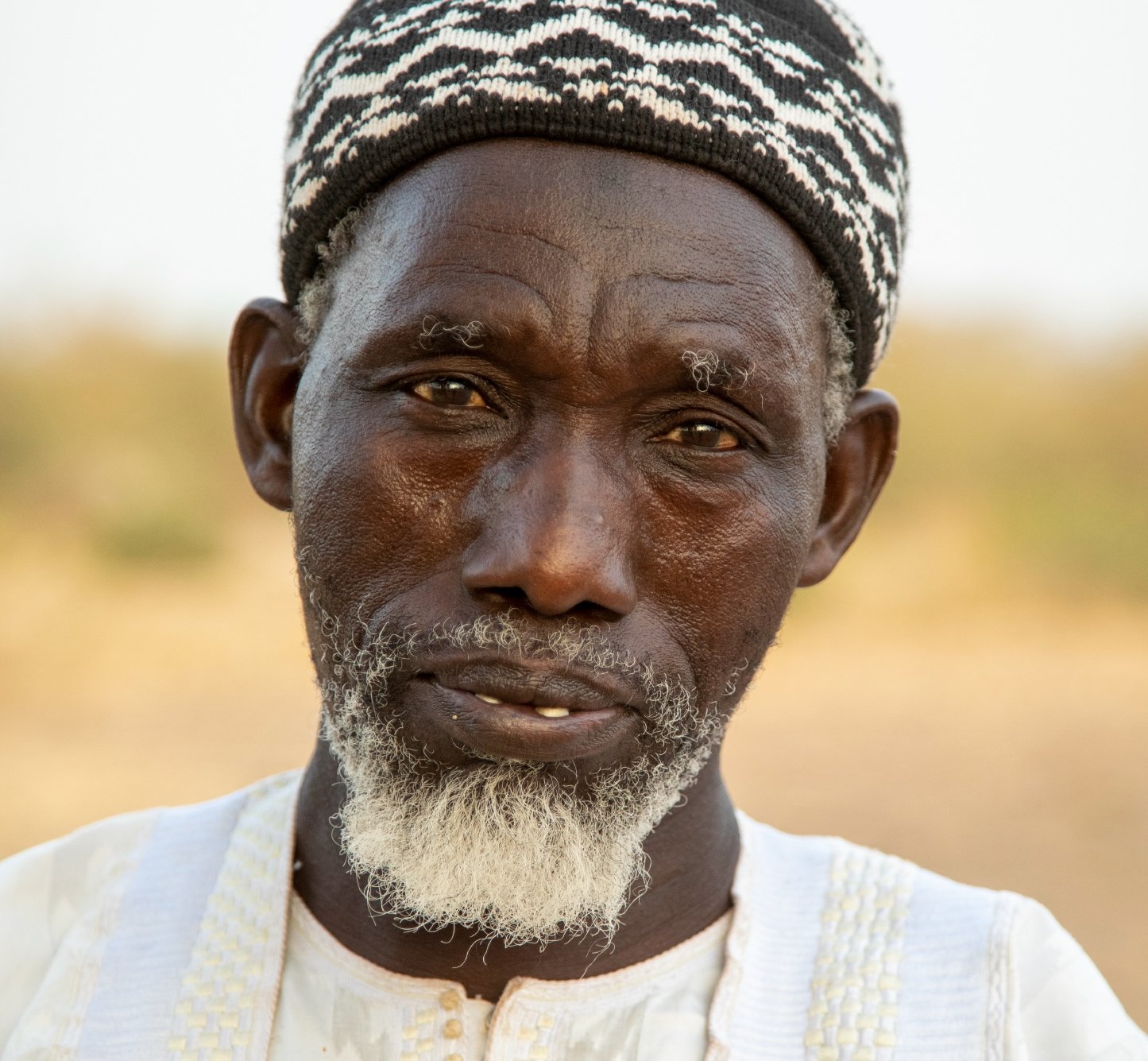
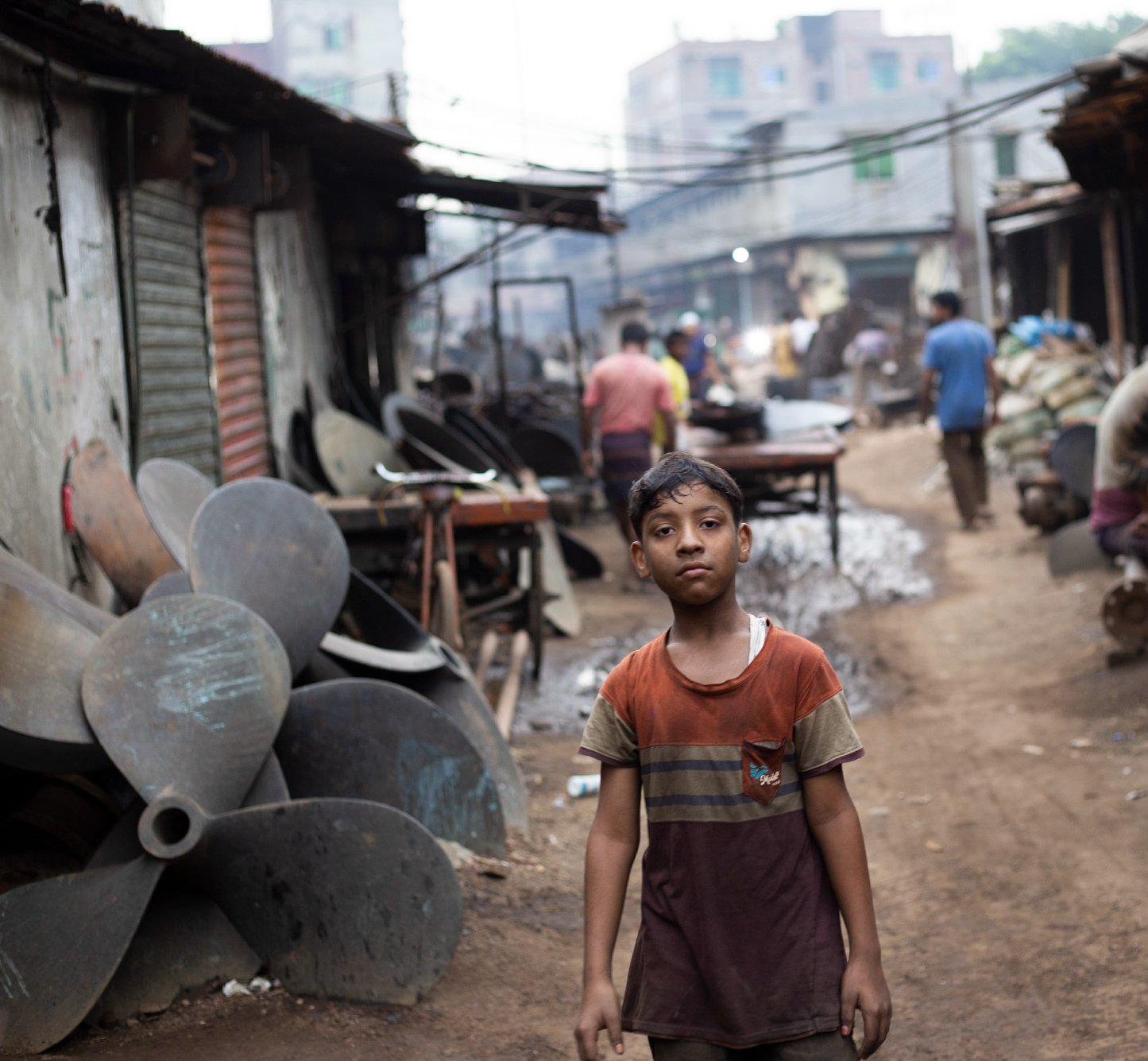
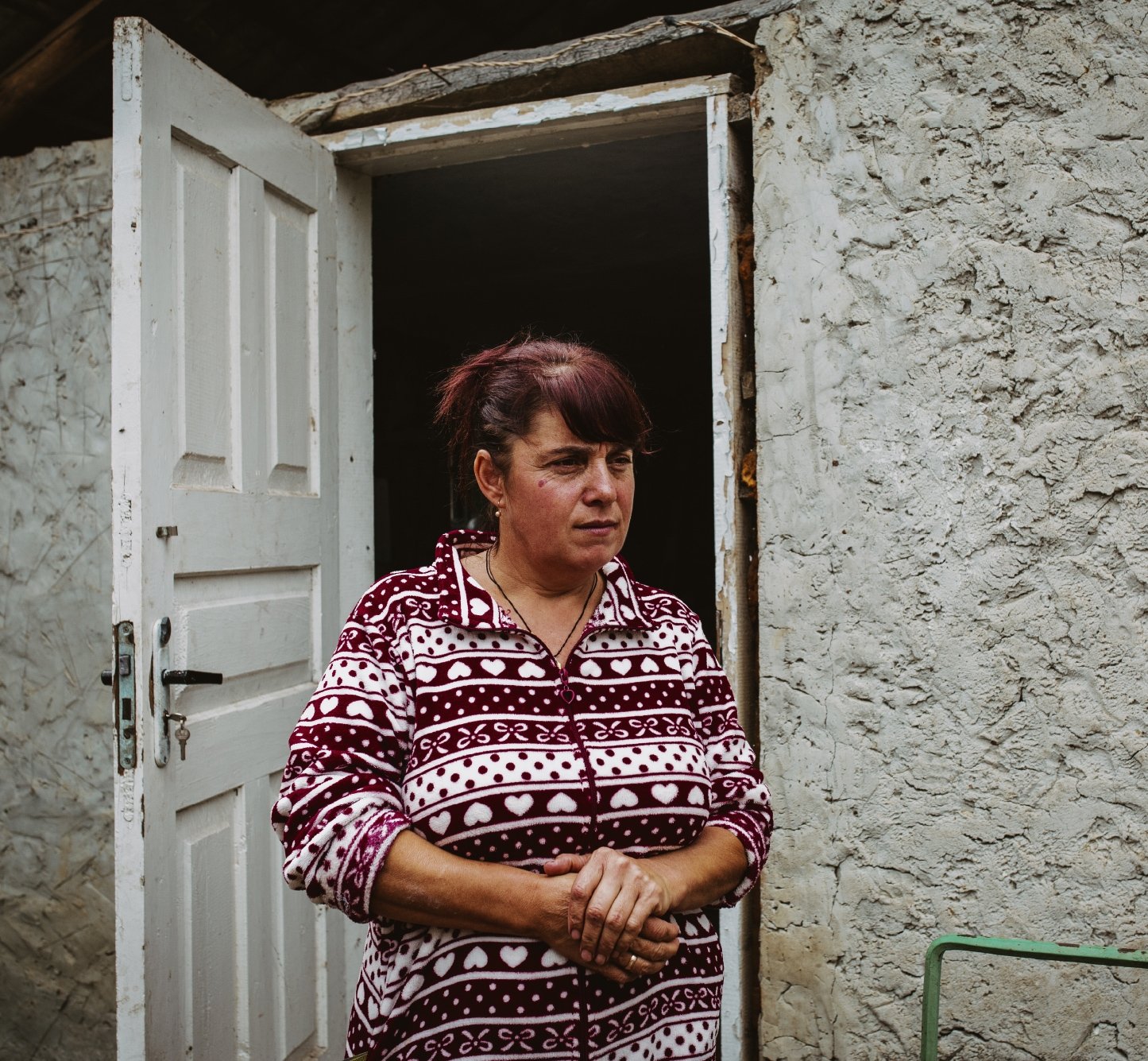

Out of Place, Out of Time: The Experience of Senegal's Migratory Pastoralists
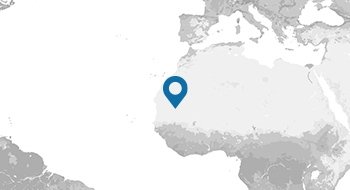
For thousands of years, West African herders have largely known where and when to migrate in pursuit of pasture. Climate's impacts and other challenges have changed much of that. Join us in Senegal to see how shifting migration patterns are affecting everything from peace to health and education prospects.

Going Under: A Rural Bangladeshi Dilemma
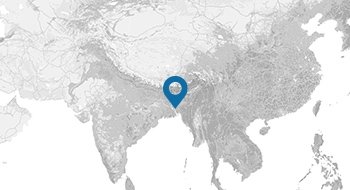
Like so many other Bangladeshi families, the Begums have lost a great deal to climate-related disasters. In this story, we follow Tazara and her husband Abdulmaji from their now lost house on a fast-disappearing island to the booming slum districts of Dhaka.

History Lessons: Can Moldova Offer Clues to Future Climate Migration in Europe

Climate-related migration is often spoken of as an exclusively poor country phenomenon. But bit by bit it's coming to Europe, North America, and other wealthier regions, too. In Moldova, we examine what lessons a dramatic history of migration might provide at a time of bubbling climate crises across the continent.
Read our 10 strategic insights on climate and migration in the real world.
LEARN MORE Wilson Center NOW highlights our three reports on climate-related migration and its short and long-term impacts on Senegal, Bangladesh, and Moldova.
Explore more related to this collection

Environmental Change and Security Program
The Environmental Change and Security Program (ECSP) explores the connections between environmental change, health, and population dynamics and their links to conflict, human insecurity, and foreign policy. Read more









